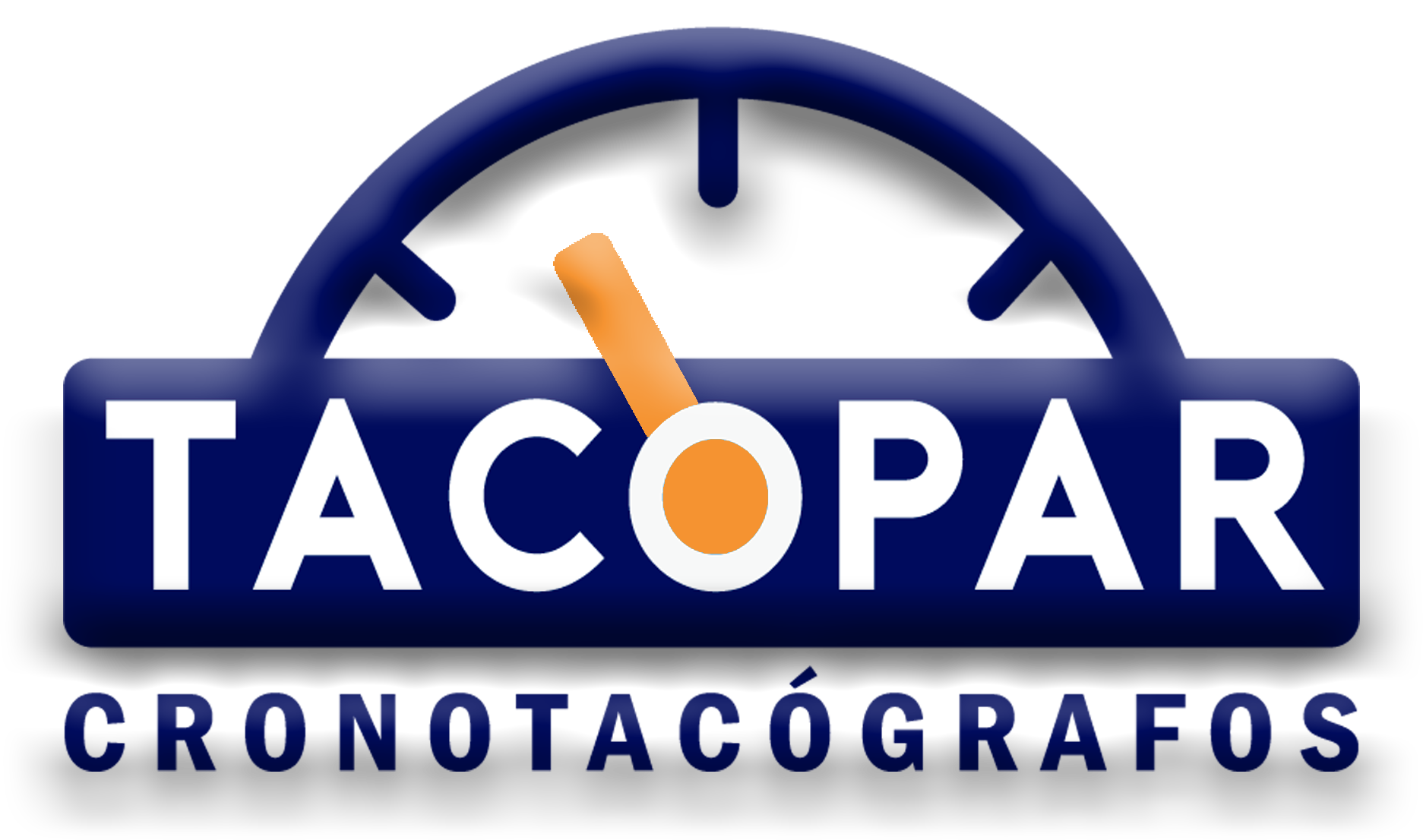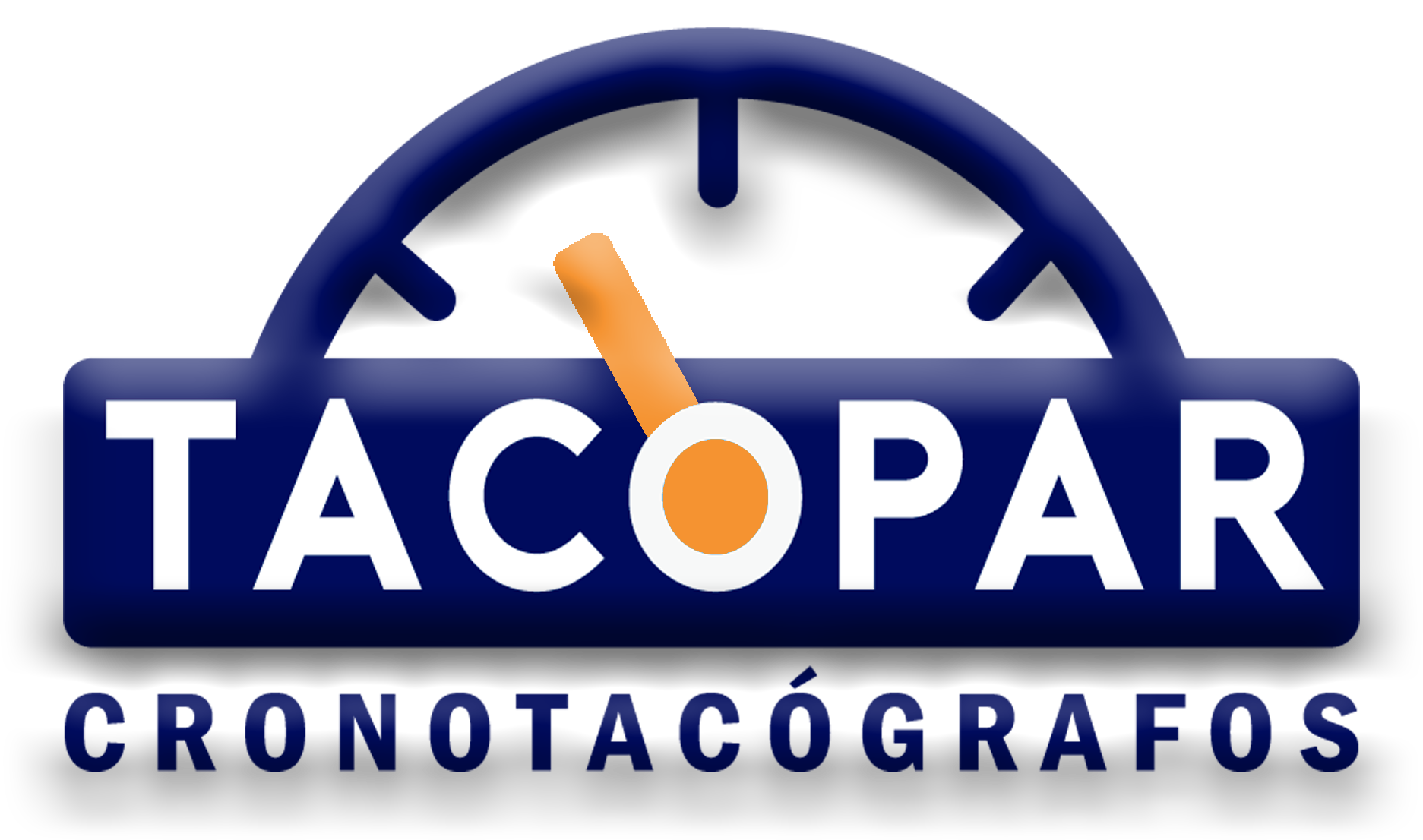.jpg)
It is highly likely that subjects with well-controlled epilepsies on monotherapy are more likely to consume alcoholic beverages than those with difficult-to-treat variants. Physicians’ advice that “a light alcohol intake is harmless” was identified as an additional predictor for alcohol use. Patients with epilepsy may feel unsure about alcohol consumption on chronic medication and therefore may be willing to follow physicians’ advices more often. MRI of the brain done in 12 patients with a partial semiology for their seizure identified one case of focal cortical dysplasia, which was missed in CT scan of the brain. MRI has a higher yield over CT for identifying lesions in patients with alcohol related partial seizures. The role of GABA in the brain is to limit excitability; thus, GABA inhibits excessive brain activity.
Effects of Alcohol on Brain Chemistry
.jpg)
Abnormally low blood sugar levels can lead to seizures, and this drop normally occurs at the same time as a hangover, causing people to connect the hangover with the seizure. Those on blood sugar medications are most at risk for this complication. While alcohol withdrawal can cause seizures, they are not guaranteed to happen. Alcohol withdrawal seizures are more likely to occur in those who have used alcohol heavily over prolonged periods.
.jpg)
Associated Data
When the nervous system is overly depressed, it can lead to conditions that increase the likelihood of seizures when large amounts of alcohol are used. Alcohol-related seizures can happen when people are acutely intoxicated. It can also occur when an alcoholic suddenly stops drinking and experiences alcohol withdrawal. Alcohol withdrawal syndrome is a condition that occurs after an abrupt stopping of heavy drinking in people with alcohol use disorders (AUD). In a 2018 study in which 204 people with epilepsy reported consuming alcohol in the last 12 months, researchers found that seizure worsening related to alcohol consumption was reported in 18.1% of these people.
In a 2022 review of 8 studies, researchers found that the risk of epilepsy was 1.7 times higher (95% confidence intervals from 1.16 to 2.49) in people who consumed alcohol compared to non-drinkers. Consuming alcohol seems to aggravate seizures in people with epilepsy and may lead to increased seizure frequency. Doctors often warn people who have epilepsy to avoid alcohol or to only drink in moderation. Heavy drinking, particularly withdrawal from heavy drinking, may trigger seizures in those with epilepsy. Alcohol may also affect anti-seizure medications, which could trigger seizures. An alcohol assessment will help determine if a person experiencing alcohol-related seizures need treatment for a possible alcohol use disorder.
- This means drinking seven drinks a week for women and 14 for men at the most.
- Later however, when alcohol blood levels had declined, epileptiform EEG-activity was increased.
- Alcohol withdrawal seizures (delirium tremens) occur when the body undergoes severe and unexpected nervous system changes after an alcohol-dependent person stops drinking.
- The data collection on alcohol use was part of a research project systematically gathering information on nicotine, alcohol, and illicit drug use in epilepsy patients within the last 12 months.
- When the person you love has recovered from the seizure, explain how treatment works.
- Alcohol poisoning can severely reduce your blood sugar levels, leading to hypoglycemia.
- Short of an EEG, it would have been impossible to identify such a patient in this group.
Furthermore, we cannot exclude hypoglycemic episodes caused by acute heavy alcohol consumption (26), which may have contributed to the manifestation of epileptic seizures (27). While drinking too much alcohol can increase the risk of seizures, most alcohol-related seizures occur during alcohol withdrawal, which happens when you’re dependent on alcohol and stop drinking. If a seizure occurs from alcohol withdrawal syndrome, it will most often happen within 12–48 hours. First, our data on alcohol use depended on patients’ self-reporting and may be affected by recall bias.
Symptoms of an Alcohol Seizure
These changes can promote seizure activity in people with and without epilepsy during periods of alcohol withdrawal. People with a history of alcohol misuse seem to have a greater risk of developing sudden unexpected death in epilepsy (SUDEP) than people with epilepsy with no history. A 2017 review found that a history of alcohol misuse increased the risk of post-traumatic epilepsy in people with traumatic brain injury. Over half of those with alcohol withdrawal seizures may have repeat seizures, and up to 5% of cases may lead to status epilepticus. Alcohol-related seizures in those with epilepsy mostly occur due to alcohol withdrawal rather than the act of drinking itself. According to older research, alcohol consumption may have a causal relationship with seizures, and people who drink 200 g or more of alcohol daily may have up to a 20-fold increase in seizure risk.
Can a person die from an alcohol-related seizure?
- No objective test (e.g. urinalysis) was employed to rule out concurrent substance abuse, in particular, benzodiazepine use, which has the potential to induce withdrawal seizures similar to alcohol.
- Consuming alcohol seems to be a common trigger for seizures in people with epilepsy.
- A person can have seizures even when there is reduction (not necessarily complete cessation) of alcohol use compared to his usual dose.
- While other mechanisms of alcohol-related seizures are less clear, reduced blood sugar levels and altered levels of ions in the brain are potential causes.
- No criteria were set to operationally define the threshold of amount or duration of alcohol intake at which a patient can be included in the study.
- When the nervous system is overly depressed, it can lead to conditions that increase the likelihood of seizures when large amounts of alcohol are used.
- The mean alcohol intake prior to alcohol-related seizures was not higher in patients with generalized genetic epilepsy than in subjects with focal epilepsy.
Thus, evidence for cortical atrophy on CT scan of the brain can be used to identify patients with high risk for clustering and having unprovoked seizures. All subjects gave informed written consent to participate in the study and approval of the Institutional Ethics committee was obtained. We collected details of alcohol use and seizures from patient and a reliable informant in case the patient was in delirium. Withdrawal symptoms and its temporal relationship with seizure were also assessed. All patients who had a proximate well-known provoking cause of seizure (e.g., subdural hematoma, dyselectrolytemia and hypoglycemia) other than alcoholism were excluded from the study.
Brain Abnormalities or Injuries
Together, you can address this issue properly and help the person build a happier and healthier life in recovery. A typical alcohol withdrawal seizure is a tonic-clonic seizure (also called a grand-mal seizure).4 This episode involves a loss of consciousness accompanied by violent muscle spasms. But some people can experience smaller episodes that don’t seem like full-body seizures.
In that group, the mean amount of alcohol intake prior to the seizures was 10.9 standard drinks. All of these patients stated that they had stopped alcohol consumption because of the experience of alcohol-related seizures. Human and animal data have shown that acute alcohol intake has a biphasic effect on the central nervous system (CNS). Initially, the inhibitory gamma-aminobutyric acid (GABA)-ergic effect of alcohol exerts CNS depressant and anticonvulsant properties (4, 5).
This section collects any data citations, data availability statements, or supplementary materials included in this article. If you alcohol related seizure or someone you know is struggling with alcohol use, The Recovery Village Ridgefield can help. We offer comprehensive addiction treatment programs that can address all aspects of substance use and recovery. Drinking too much alcohol can lead to life-threatening conditions, such as seizures. An alcohol-related seizure may result in your inability to control your actions, which could be dangerous. If you experience an alcohol-related seizure, you may experience falling to the floor and shaking violently for a few minutes.
How Do Seizures Occur?
Alcohol and some antiseizure medications can have similar side effects, and taking them together can cause potentially dangerous complications. According to the Epilepsy Foundation, seizures by themselves typically are not fatal. However, they may cause people to fall and sustain potentially serious injuries, such as head injuries. A person with epilepsy should speak with their doctor to determine how much alcohol, if any, is safe to consume with their condition. We do not receive any commission or fee that is dependent upon which treatment provider a caller chooses. If you aren’t sure how to help the person having a seizure, call 911 and follow the operator’s instructions.

